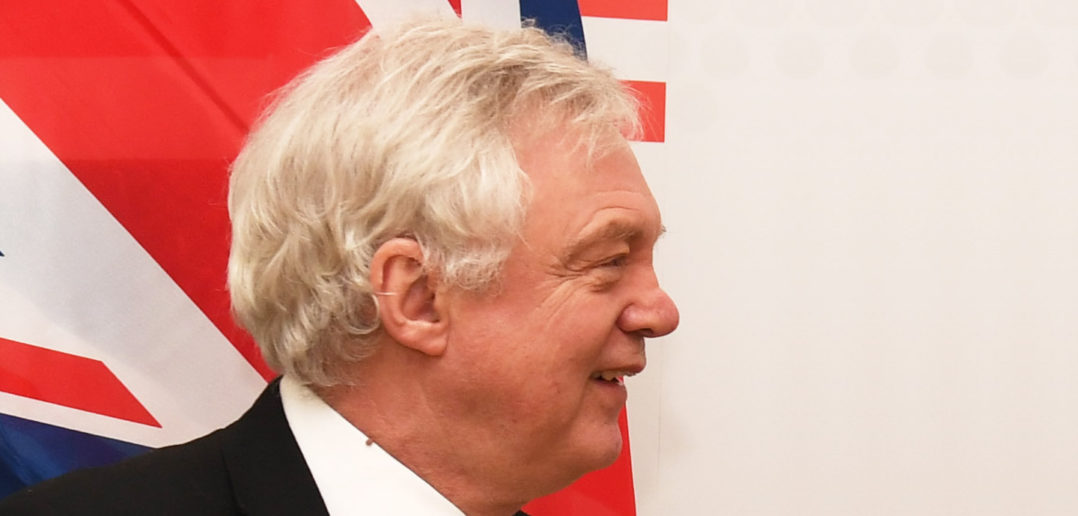Dominic Raab has been appointed Brexit Secretary following David Davis’ resignation over Theresa May’s new proposal for the UK’s future deal with the European Union.
Raab, 44, was a prominent Leave campaigner during the refrendum and a board member of the hardline Brexit group Leave Means Leave, which has described May’s latest proposal as a “betrayal of 17.5 million voters who wanted to take back control of their own laws, borders, money and regulations” and “an elaborate fraud on the electorate“.
Davis quit late on Sunday night, exclaiming that Theresa May had “given away too much too easily” and that he no longer believed in the government’s plan for the UK’s future relations with the EU.
His decision followed a day-long cabinet meeting at Chequers in which all ministers, including Davis, signed up to a new three-page proposal for Brexit where the UK will: “maintain a common rule-book for all goods” with the EU; establish a joint institutional framework” to interpret UK-EU agreements where UK courts will continue to pay “due regard” to EU court decisions; treat borders between the UK and EU as a “combined customs territory”; and set up a “mobility framework” to allow UK and EU citizens to travel to each other’s territories for study and work.
Commentators from across the aisle have accused Davis of abandoning his post now the realities of Brexit have started to become apparent and the promises he and others made during the referendum have been shown to be impossible.
As backbench Tory MPs turn against May’s latest deal, the Prime Minister has called on MPs from Labour and the Liberal Democrats to support her plan – a decision that leading Brexiteer Jacob Rees-Mogg described as “unwise” and showing a “lack of confidence”.
Davis is the sixth government minister to resign in the first 250 days of Theresa May’s government, an average of one resignation every six weeks from a Conservative party that campaigned on being “string and stable”.
The European Commission has declined to comment on the change of personnel, but said it would continue to negotiate with “good will” to find agreement on the future relations between the UK and EU.
Sterling rallied 0.4 percent upon news of Davis’ resignation, with the markets believing that the removal of the Brexiteer, meant that a soft Brexit had become more likely.
[note note_color=”#fafafa” radius=”0″]Government resignations since June 2017 election
01 November 2017 – Michael Fallon
08 November 2017 – Priti Patel
20 December 2017 – Damian Green
29 April 2018 – Amber Rudd
08 January 2018 – Justine Greening
08 July 2018 – David Davis[/note]




